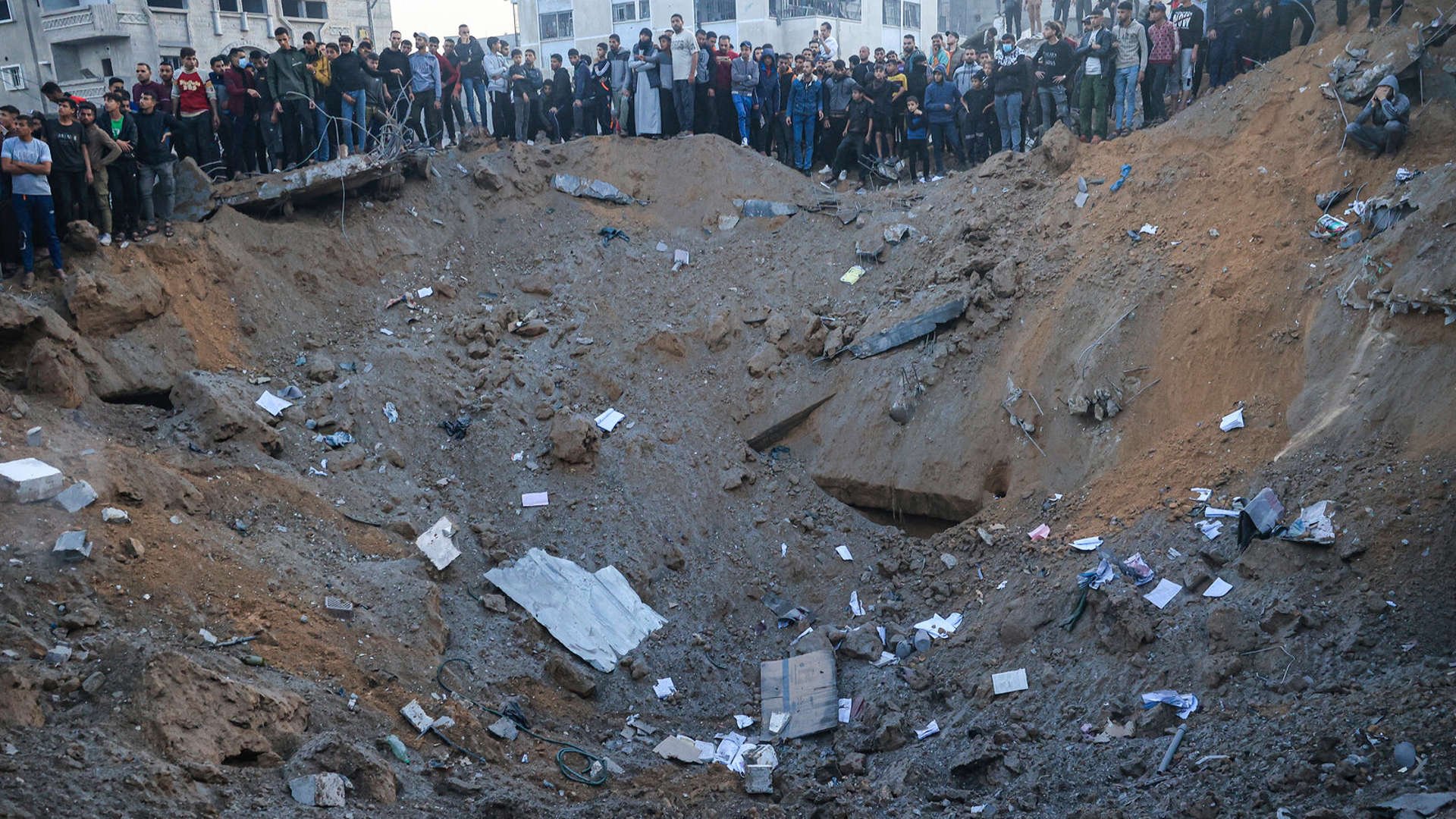In a move that has intensified already heightened tensions in the region, Israel has issued evacuation orders to residents in southern Gaza. The directive comes amid a backdrop of longstanding geopolitical conflicts and recent escalations, raising concerns about the impact on civilian populations and the potential for further hostilities.
The decision to evacuate residents in southern Gaza is rooted in the complex and longstanding conflict between Israel and Palestine. Israeli authorities cite security concerns and the need to protect civilian lives as the primary reasons behind the evacuation orders. They argue that the move is a precautionary measure in response to the increased threat of rocket attacks from Gaza-based militant groups.
The situation in the region has been tense for years, marked by sporadic outbreaks of violence and clashes between Israeli forces and Palestinian groups. However, recent events have heightened these tensions. The past few weeks have witnessed an uptick in cross-border violence, with rocket attacks targeting Israeli towns and retaliatory airstrikes on Gaza.
The cycle of violence escalated after a series of clashes in East Jerusalem, particularly around the holy site of Al-Aqsa Mosque. The disputed status of Jerusalem has been a longstanding point of contention between Israelis and Palestinians, and any disturbances in the city often lead to increased hostilities.
While Israeli authorities assert that the evacuation orders are aimed at protecting civilians, critics argue that such moves disproportionately affect Palestinian populations in Gaza. Evacuating densely populated areas poses significant challenges, including providing safe shelter, essential services, and maintaining the well-being of those forced to leave their homes.
The humanitarian situation in Gaza has long been a cause for concern, with the region experiencing high levels of poverty, limited access to healthcare, and inadequate infrastructure. Evacuation orders only exacerbate these challenges, raising questions about the broader impact on civilian populations and their ability to rebuild their lives after the conflict subsides.
The international community has responded to the situation with a mix of concern and calls for de-escalation. Various nations and international organizations have urged restraint and a return to diplomatic efforts to address the underlying issues fueling the conflict.
The United Nations, in particular, has expressed deep concern about the impact of the evacuation orders on civilian populations and has called for an immediate ceasefire to prevent further suffering. Diplomatic efforts are underway to broker a peaceful resolution and address the root causes of the conflict.
The evacuation orders issued by Israel in southern Gaza have heightened tensions in an already volatile region. As the international community watches closely, there is a growing urgency for diplomatic efforts to quell the escalating violence and address the longstanding issues at the heart of the Israeli-Palestinian conflict. The well-being of civilians on both sides must remain a priority, and a comprehensive and sustainable solution to the conflict is crucial for achieving lasting peace in the region.

